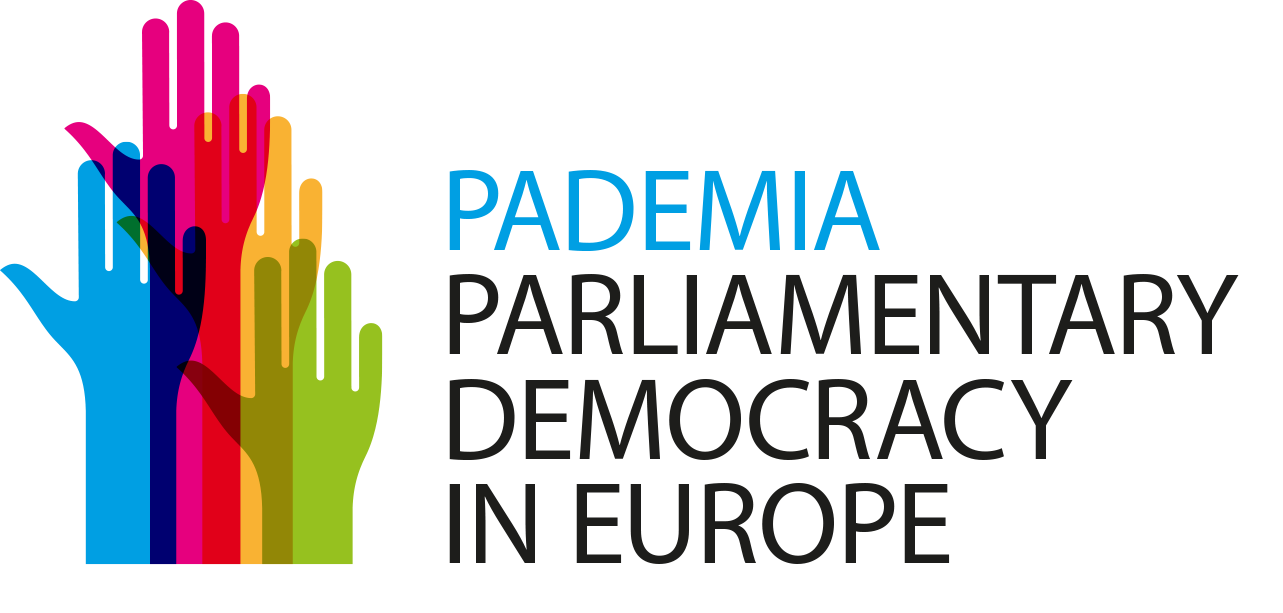
Opportunities, Strategies and Ideologies: The Incentives of European Parliament Political Groups for Inter-parliamentary Cooperation
Katjana Gattermann
Abstract: This paper investigates the incentives of European Parliament political groups to engage in institutionalised ways of inter-parliamentary cooperation (IPC). It draws on registration lists of Joint Parliamentary Meetings (JPMs) between 2005 and 2011. The paper argues that although the EP and its members are an active promoter of IPC, political parties have varying interests in maintaining a dialogue with national parliamentarians. The findings suggest that although registration rates at JPMs seem to be declining over the years, there is a considerable degree of variation between the political groups. To explain this variation the paper employs a multivariate regression analysis. The results show that larger parties and more cohesive groups are more inclined to take part in JPMs than members of smaller and less cohesive groups. Members belonging to groups which do not electorally support the European Commission also register more often than those of majority groups. Eurosceptic political groups register their attendance less often than pro-European ones. Explanations for these phenomena are linked to the ideology of political groups, their strategies for influencing policy outcomes at the EU level and the opportunity to meet fellow party member at JPMs. Overall, the findings have implications for understanding party group behaviour at the European level as well as for the EU’s democratic deficit debate.
Keywords: Democratic deficit, European Parliament, European Union, inter-parliamentary co-operation, political parties
OPAL Online Paper No. 16/2014
ISBN: 978-94-91704-06-2
Download here…[/vc_column_text][/vc_column][vc_column width=”1/3″][/vc_column][/vc_row]
